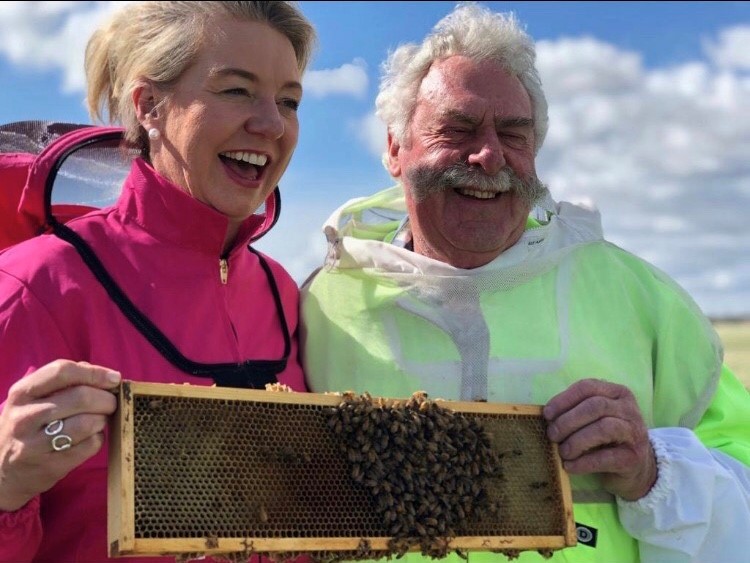Dr Somerville, who’s worked for the NSW Department of Primary Industries for more than 30 years said the grant could not have come at a better time.
“The fires in northern NSW and South East Queensland have destroyed many of our established areas of floral resources, both heath land and forest, and the grant among other priority areas will help vital research, development and extension (RD&E) to better understand floral resource management and the effects different approaches has on bees,” said Dr Somerville.
“We’ve heard of some lucky escapes from our bee keepers and their hives so we are relieved our bee keepers are safe. The most critical issue for us is the loss of floral resources which may take many decades to recover.”
AgriFutures Australia received the grant to support the Australian bee industry and to promote the crucial role the humble bee plays in supporting food production.
“Many of us enjoy the honey our 12,000 registered beekeepers and their half a million hives produce but there is a lot more to the industry,” said Senator McKenzie.
“The role of honey bees in agriculture and horticulture cannot be understated—the annual economic value of honey bee pollination in Australia is $14.2 billion.”
“And of course honey and beeswax generate export dollars for our nation—all the way back through the farm gate which is worth about $45 million worth a year,” said Senator McKenzie.
“Pollination is essential for staples like apples and pears, cherries, berries, almonds and canola—that’s why we need to maintain the health of our bees and reduce risks to their population.”
“Pollination remains a critical factor for the agriculture industry if we’re going to reach our shared goal of $100 billion by 2030,” said Senator McKenzie.
AgriFutures Australia is committed to working with industry to deliver the research and development outcomes that meet Australia’s needs.
With the support of this grant AgriFutures Australia will work with the Australian Honey Bee Industry Council and state associations to develop resources and raise awareness among professional beekeepers, recreational beekeepers and the public, about what they can do to help protect our buzzing pollinators.









